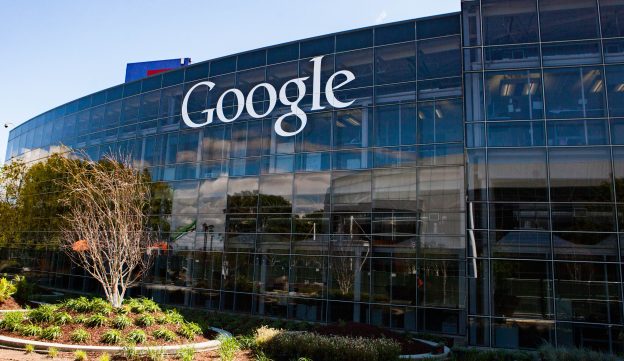Cristina De Castro – The ongoing antitrust lawsuit against Google has reached its halfway mark with the Department of Justice resting its case mid-October. The debate surrounding whether Google’s actions that made it the leading search engine constitute legitimate competition or an unlawful monopoly could have significant impacts on the tech industry.
The U.S. claims that Google unlawfully curbed competition by paying billions to Apple and other phone carriers like Verizon, AT&T, and Sprint for their search engine to be the default on phones, and, in effect, excluded rivals from forming similar agreements with these companies. Central to the government’s case challenging the legality of these actions is the assertion that browser agreements have resulted in less choice for consumers and diminished innovation. While users do have the option of changing their settings, it is a process that few bother to follow when they are automatically presented with the search engine on their browser.
The main focus of the case is the 21-year partnership between Google and Apple. The deal between the two companies established Google as the default search engine and allowed Apple to receive 50% of advertising revenue produced by searches made on Safari, Apple’s web browser. As a result of their combined partnerships, Google has retained approximately 90% market share in search, and has brought in more than 30% of advertising funds that flow through their digital advertising products.
The concern is that users are not making the choices they probably would make if Google did not dominate the playing field. DuckDuckGo, for example, is a search engine that does not track or sell browsing history, which might be an attractive choice for consumers, particularly as the public has become more aware of the ways in which data is collected and sold in recent years. Additionally, users typically make decisions regarding their default settings at the moment they acquire their device, so the default agreements discourage consideration of other options. This makes it almost impossible for one of Google’s competitors to establish a market.
Google, on the other hand, has argued that phone manufacturers and distributors use their service as the default search engine to deliver the highest quality experience to customers. The company claims that because they have so many users, and therefore more data collected on those users, Google can provide a better experience. Counsel for Google contends that default settings aren’t as impactful as they seem—users who are dissatisfied can easily change their settings, which happened when Bing became the default engine on Verizon, Blackberry, and Nokia phones and resulted in users switching to Google for their searches anyway.
What impacts could a ruling against Google have and what changes might consumers start seeing? For one, users would have options for the search engines; there may be a requirement for phones and computers to present an array of search engines during the setup process. Apple is already said to be considering switching to DuckDuckGo to replace Google as the search engine for Apple’s Safari browser, with the court ordering the unsealing of negotiations between Apple, Microsoft, and DuckDuckGo. Google itself may find that their search volume could drop by up to 50% if Apple were to use Bing as their default search engine.
Or, alternatively, the court may impose a ban on all default agreements between companies. This could lead to companies increasing the price of phones and other devices in order to recoup their losses from their contracts with Google.
In one turn of events, Google may discover that users are still conditioned to choose their search engine over others even absent the default settings, or that they simply prefer it. This would allow Google to save billions that otherwise would have been wrapped up in unnecessary default agreements like the one they have with Apple.
If the decision were to encompass all default settings—not just search engines—it could spiral into a much bigger problem for tech companies. Florian Schaub, an associate professor of information at the University of Michigan, poses an interesting dilemma: would Google phones have to offer Apple’s Siri as an alternative virtual assistant or would Apple have to offer Google Assistant?
While the case is not set to be resolved until 2024, it is the largest challenge to tech industry power since the Department of Justice sued Microsoft for dominance in the market for personal computers. The lawsuit has already sparked discussions about competition in technology and the balance between streamlining user experience and monopolistic practices.


